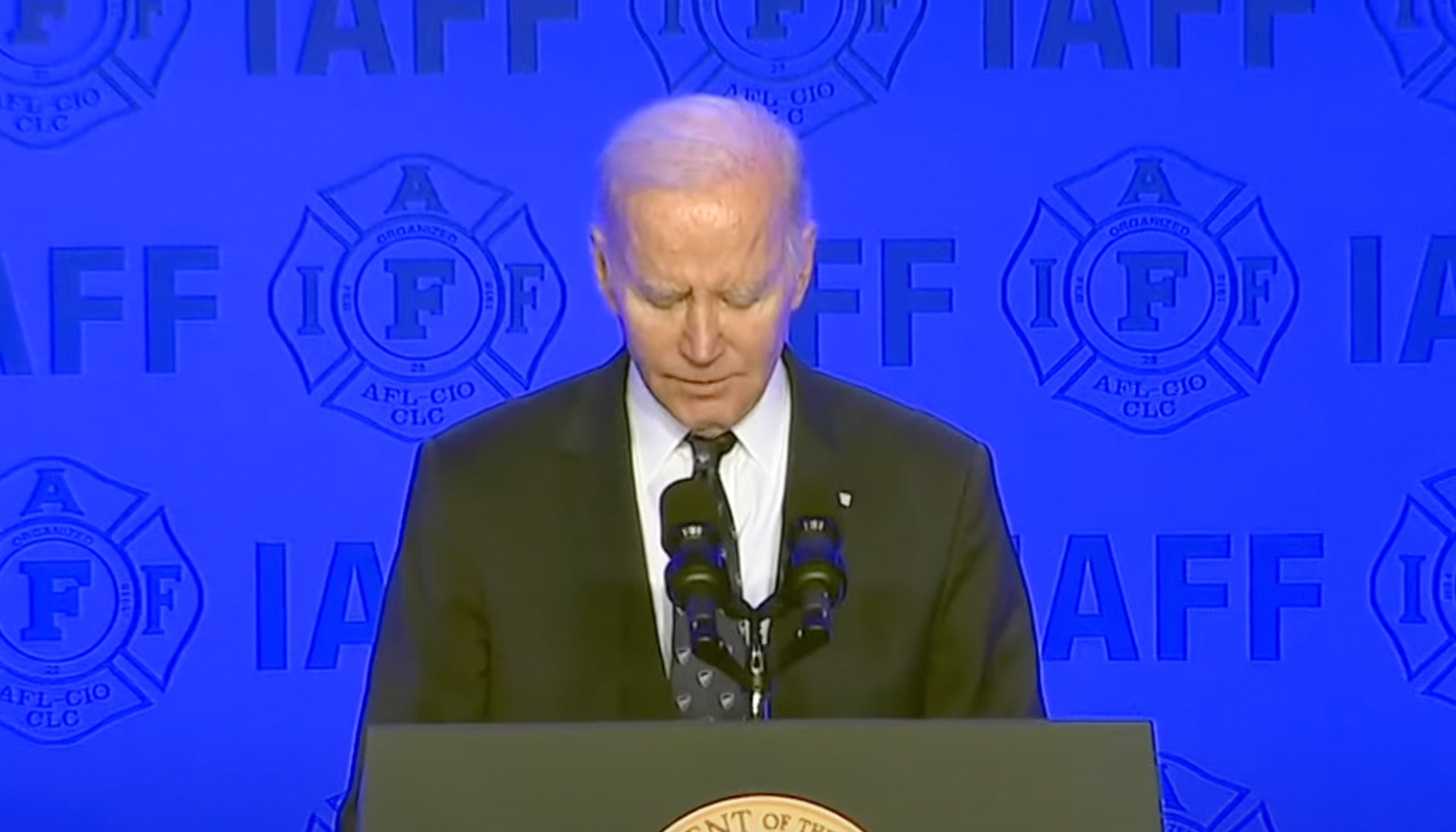Judge Cannon Considers Trump's Claim Of Presidential Immunity In Documents Case
In a pivotal ruling, Judge Aileen Cannon has decided to delay Donald Trump's classified documents case to assess the implications of a recent Supreme Court decision on presidential immunity.
According to The Independent, Judge Cannon's recent order introduces a temporary halt in proceedings, contemplating the potential dismissal of charges against Trump based on presidential immunity.
The legal backdrop involves allegations against former President Trump for mishandling classified documents. Trump's legal team used a recent Supreme Court ruling to argue for dismissing charges based on presidential immunity. This argument cites a doctrine protecting presidents from prosecution for actions taken in office.
Judge Aileen Cannon, appointed by Trump, has played a crucial role in this development. She delayed the case by issuing an order and set a timeline for further debate over the immunity claim.
The Timeline and Immediate Impact of the Ruling
Judge Cannon ordered all parties to submit briefs within two weeks on whether additional hearings are needed for the immunity argument. Consequently, this decision delays several filing deadlines, further elongating the already delayed case.
Meanwhile, Trump's attorneys requested a significant pause, asking for several months to argue their case regarding immunity. They cite a concurrent Supreme Court opinion by Justice Clarence Thomas, which questions the legality of Special Counsel Jack Smith's appointment and operation.
Moreover, the recent Supreme Court ruling central to this strategy asserts that a president cannot be criminally prosecuted for any "official acts" while in office. This decision is currently being tested in Trump's ongoing legal battles, including federal election interference and classified document mishandling.
Legal Arguments and Judicial Opinions
In his concurring opinion, Justice Clarence Thomas criticized the special counsel's office and questioned the legality of Jack Smith's appointment. He stated, "If this unprecedented prosecution is to proceed, it must be conducted by someone duly authorized to do so by the American people."
Furthermore, Thomas emphasized that lower courts must resolve these pivotal questions about the special counsel's legitimacy before moving forward. Trump's defense team is leveraging his concerns to bolster their case against the current charges.
Meanwhile, Judge Cannon set a deadline of July 18 for the Special Counsel's office to respond to these arguments. This date will likely mark the next significant phase in the ongoing legal saga surrounding the former president.
Broad Implications of Presidential Immunity
Amidst other legal proceedings involving Trump, including his sentencing in New York, initially set for July but postponed to September due to questions of immunity and the constitutionality of the prosecuting authority.
Prosecutors have charged Trump with 40 counts related to the possession and obstruction of classified documents after his presidency. He pleads not guilty to all charges, arguing his actions were within the bounds of presidential duties.
Legal interpretations and judicial proceedings related to former presidents will likely be influenced by questions of presidential immunity and its scope, especially concerning actions taken while in office.
Looking Ahead in Trump's Legal Journey
As legal battles unfold, observers closely monitor the implications of Supreme Court decisions on presidential immunity, pivotal for Trump's legal circumstances and future presidential conduct and accountability.
The case against Trump involving classified documents intertwines legal precedents, presidential immunity, and judicial interpretation, potentially reshaping presidential power and accountability.
Judge Cannon's decision to delay the classified documents case marks a crucial moment in U.S. legal history, highlighting the ongoing debate over presidential immunity's extent and its implications for justice and accountability at the highest levels of government. Further developments are eagerly awaited by the legal community and the public.





